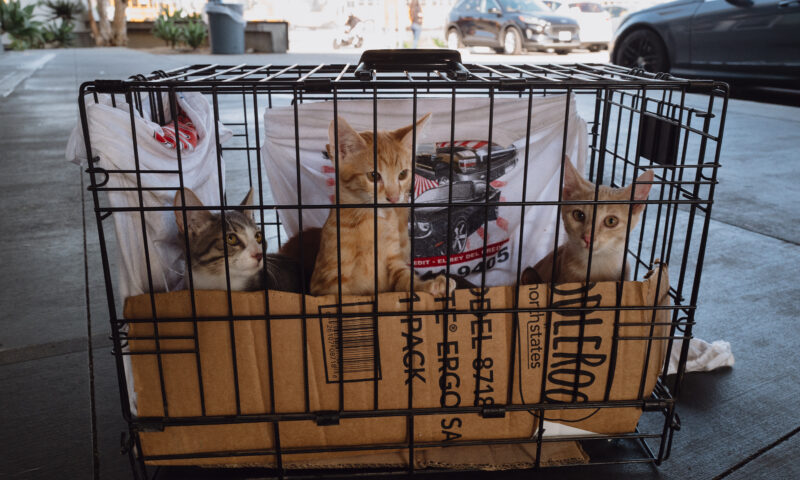Politics & Government
Our “Special Interest” Is People: Long Beach Nonprofits Draw a Line in the Sand

A little while ago, after the Long Beach City Council’s Elections Oversight Committee decided to consider revising the city’s lobbying ordinance to include the kind of 501(c)3 nonprofit organizations that I work with, nonprofits and their members filled the Council chambers to defend the ordinance as it was written, nonprofit exemption intact.
The distinctions between our work of and that of paid lobbyists seemed obvious. For starters, nonprofits are working for people not – um – profit. From the arts to autism, good jobs to good mental health, sustainable food to affordable housing, nonprofits representing a broad swath of Long Beach residents and issue areas drove the message home: “We’re not lobbyists.”
Beyond wearing stickers saying “people are our special interest,” each speaker teased out more of the things that set us apart from lobbyists. Unlike lobbyists, nonprofits have several federally regulated checks in place to ensure that the issues we work on and our funding streams (among many other things) are transparent to the public. Another key difference is that 501(c)3 organizations can’t make contributions to political candidates.
And nonprofits certainly don’t have the bankroll to treat elected officials and city staff to gifts and expensive trips (a controversy that prompted Long Beach to join the rest of California’s big cities in creating requirements for lobbying registration and reporting in the first place).
Lobbyist Mike Murchinson, who has many hotels as clients, including the currently-under-boycott Long Beach Hilton and Hyatt, was at the center of the controversy prompting the ordinance and yet he continues to have significant influence with the Council. During public comment related to a review of the ordinance, Murchinson remarked that nonprofits should be included as lobbyists as well and, sure enough, the Council began throwing the possibility around. At the recent Elections Oversight Committee meeting, Murchinson got a bit more specific. He estimated that 98 percent of nonprofits were doing good work, but argued that those others (hint: the ones that advocate for responsible development) should have to register.
Councilmember Gary DeLong also made a point to single out nonprofits by asking each organization whether or not they would meet the threshold for registration (50 hours of lobbying activity in a three-month period). Some said yes, others no. But that wasn’t the point. It would be another thing for nonprofits to track in an already under-resourced and highly regulated arena. Those of us representing nonprofits stuck to our unified message and, in the end, the committee voted to recommend keeping the nonprofit exemption in place for at least another year.
If the City Council does decide to take this issue up yet again next year, you better believe that nonprofits will rise to the occasion. This show of solidarity amongst nonprofits, which included over 200 meeting attendees and speakers from 30 different organizations, is a sign of more good things to come in Long Beach.

-

 The SlickJanuary 12, 2026
The SlickJanuary 12, 2026Will an Old Pennsylvania Coal Town Get a Reboot From AI?
-

 Latest NewsJanuary 13, 2026
Latest NewsJanuary 13, 2026Straight Out of Project 2025: Trump’s Immigration Plan Was Clear
-

 Column - State of InequalityJanuary 22, 2026
Column - State of InequalityJanuary 22, 2026On Eve of Strike, Kaiser Nurses Sound Alarm on Patient Care
-

 Column - California UncoveredJanuary 14, 2026
Column - California UncoveredJanuary 14, 2026Keeping People With Their Pets Can Help L.A.’s Housing Crisis — and Mental Health
-

 Latest NewsJanuary 16, 2026
Latest NewsJanuary 16, 2026Homes That Survived the 2025 L.A. Fires Are Still Contaminated
-

 The SlickJanuary 20, 2026
The SlickJanuary 20, 2026The Rio Grande Was Once an Inviting River. It’s Now a Militarized Border.
-

 Column - State of InequalityJanuary 15, 2026
Column - State of InequalityJanuary 15, 2026When Insurance Says No, Children Pay the Price
-

 Latest NewsJanuary 21, 2026
Latest NewsJanuary 21, 2026Honduran Grandfather Who Died in ICE Custody Told Family He’d Felt Ill For Weeks

